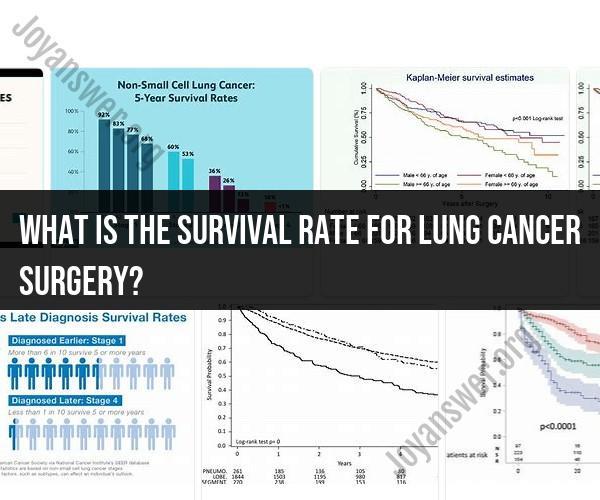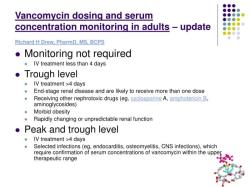What is the survival rate for lung cancer surgery?
Lung cancer is a serious condition that often requires surgical intervention as part of the treatment plan. In this guide, we'll explore the survival rates associated with lung cancer surgery and provide insights into what patients can expect in terms of outcomes.
The Importance of Surgery
Lung cancer surgery aims to remove cancerous tumors and potentially prevent the spread of the disease. It can be a crucial step in the treatment process, especially for localized or early-stage lung cancer.
Factors Affecting Survival Rates
Several factors influence the survival rate of patients who undergo lung cancer surgery. These include the stage of the cancer, the type of surgery performed, the overall health of the patient, and whether the cancer has spread to other parts of the body.
Survival Rates by Stage
The survival rates for lung cancer surgery vary significantly depending on the cancer stage:
Stage I:
Patients with stage I lung cancer, where the tumor is confined to the lung, generally have a higher survival rate after surgery. The five-year survival rate can range from 60% to 80%.
Stage II:
For stage II lung cancer, where the tumor may have spread to nearby lymph nodes, the five-year survival rate after surgery is typically lower, ranging from 30% to 50%.
Stage III:
In cases of stage III lung cancer, where the cancer has spread to lymph nodes further from the original tumor or nearby structures, the survival rate after surgery is more variable and depends on various factors.
Stage IV:
For stage IV lung cancer, where the cancer has spread to distant parts of the body, surgery may not always be an option. In such cases, the focus shifts to other forms of treatment.
Advancements in Treatment
Advancements in surgical techniques, preoperative assessments, and postoperative care have contributed to improving survival rates and reducing complications associated with lung cancer surgery.
Postoperative Care and Monitoring
Following surgery, patients undergo a recovery period during which close monitoring is essential. Regular check-ups, imaging scans, and discussions with healthcare providers play a vital role in tracking the progress and detecting any potential recurrence.
Comprehensive Treatment Approach
It's important to note that lung cancer treatment is often multidisciplinary. Surgery may be combined with other treatments such as chemotherapy, radiation therapy, or targeted therapies to optimize outcomes.
Individualized Prognosis
Each patient's prognosis is unique. Factors such as age, overall health, response to treatment, and the presence of genetic mutations all contribute to an individualized prognosis.
Conclusion
Lung cancer surgery survival rates offer insights into the potential outcomes of surgical intervention. However, it's crucial to remember that survival rates are statistics and do not predict individual outcomes with certainty. Consulting with healthcare professionals and understanding the full scope of treatment options is essential for making informed decisions and achieving the best possible outcome for lung cancer patients.












